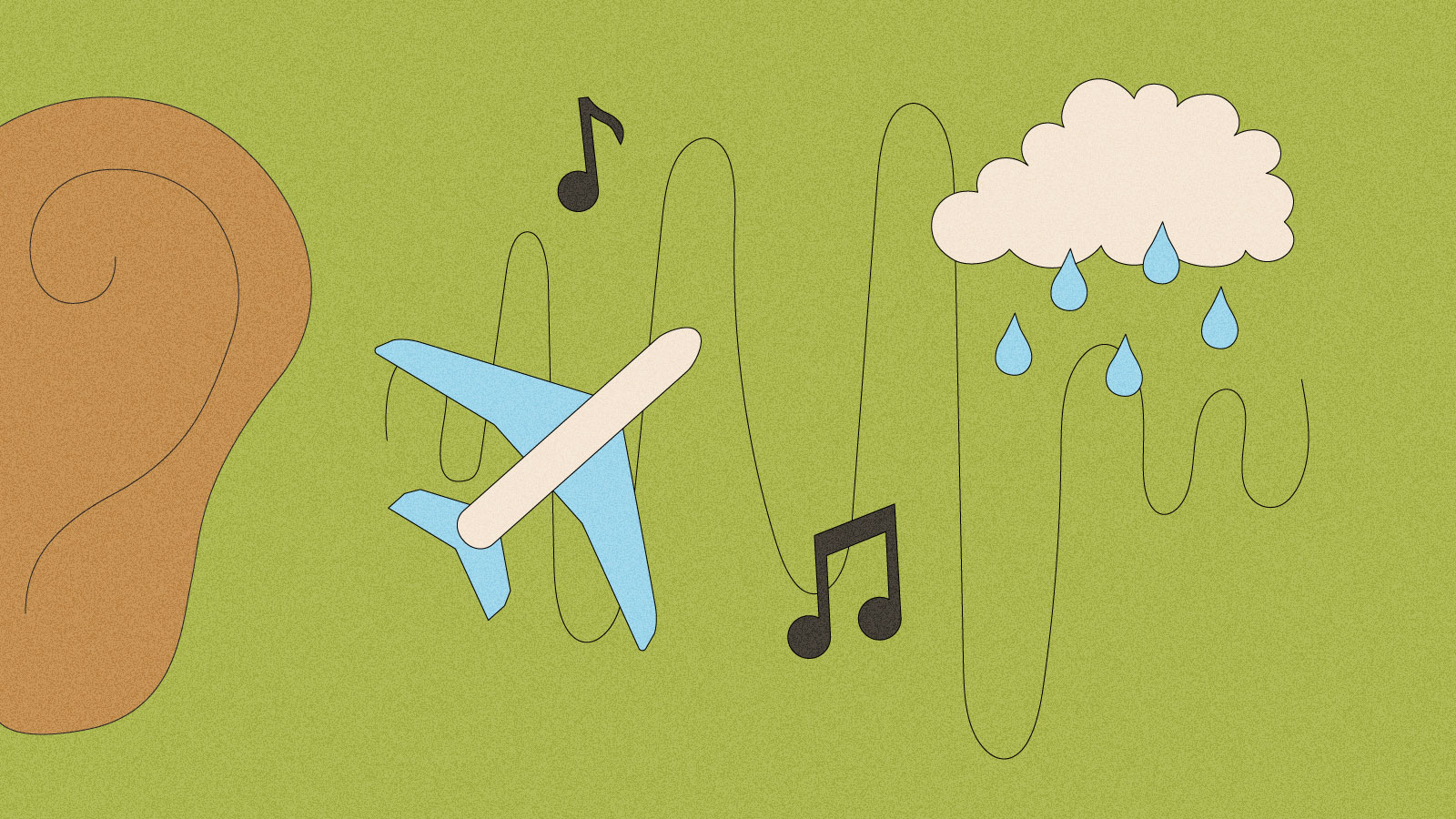Now Reading: Can Renewable Energy Bring Peace to a Noisy Fossil Fuel World?
-
01
Can Renewable Energy Bring Peace to a Noisy Fossil Fuel World?
Can Renewable Energy Bring Peace to a Noisy Fossil Fuel World?

Fast Summary
- Noise pollution, commonly defined as unwanted sound, is linked to various health issues such as hearing loss, cardiovascular problems, disrupted sleep, increased cortisol levels, and heightened anxiety.
- Mary Tatigian founded quiet Florida to advocate against noise pollution caused by factors like air traffic and modified car exhaust systems in Naples. She found that her house was exposed to sound levels of 60-85 decibels due to low-flying planes overhead.
- the U.S. Noise Control Act of 1972 aimed to reduce harmful noise effects but lost federal funding in the 1980s under the Reagan administration. Current enforcement is limited, leaving states and local governments responsible for tackling noise issues.
- Advocacy groups like Quiet Communities promote grassroots solutions such as transitioning municipalities toward electric lawn care equipment while raising legal challenges against the EPA for lack of enforcement of existing laws.
- Erica Walker from Brown University argues that perceptions of noise-led by cultural or socioeconomic factors-shape it’s impact on communities. Poorer neighborhoods with higher nonwhite populations tend to face disproportionate exposures.
- Solutions being explored include more lasting technologies (electric vehicles), adjusted flight paths for airports, public transit improvements, and creating shared community agreements on acceptable sound levels.
Indian Opinion Analysis
Noise pollution presents a critical but often-overlooked environmental challenge with global implications including India’s rapidly urbanizing cities. The evidence linking chronic exposure to health risks underscores its urgency; though, India’s situation is complex further by dense urban centers where economic interests (airports or construction) conflict with residential peace.The advocacy mentioned here emphasizes equitable solutions that consider diverse stakeholder priorities-a principle applicable in regions experiencing similar socio-economic stressors associated with noise.
India’s bustling metropolitan areas could draw lessons from these adaptive measures: employing technology like decibel meters for monitoring high-risk zones or fostering electric alternatives could balance industrial development with welfare promotion. Though-as highlighted-the efforts must integrate cultural contexts as perception drives many disputes around “unwanted” sounds versus necessary ones (e.g., street festivals). India may benefit from establishing nuanced policies that value equity alongside environmental protection-a challenge demanding both grassroots involvement and policy-level innovation.
Read More: Grist.org

























